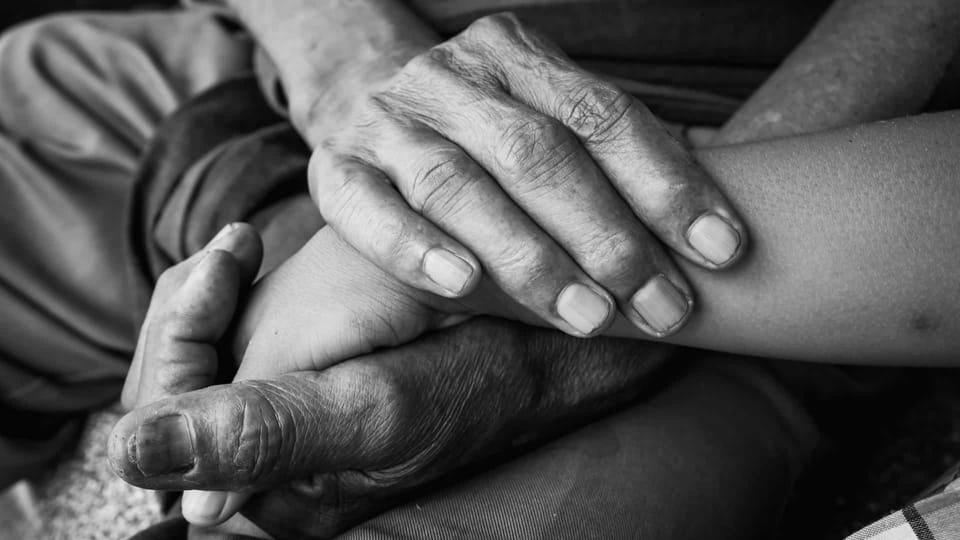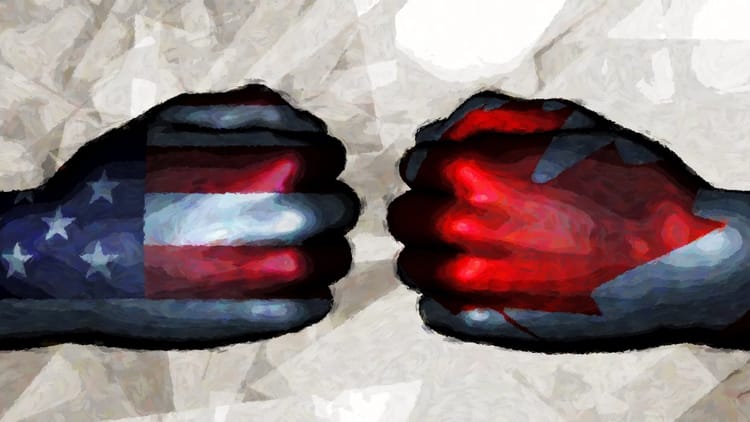An Ounce of Compassion

It happens more than you’d think. Someone goes through an unexplained trial — a sickness, a wayward child, a job loss, or some other hardship — and the response is judgment or silence.
On one level, I understand. We don’t always know how to respond to the trials of others. Sometimes, not knowing all the circumstances, we wonder if the person may have contributed to their own misfortune. We’re all wired differently, and some of us naturally show compassion, while others struggle to know how to respond with empathy. Sometimes I think we respond with fear (what if the same thing happened to me?) — or judgment (what did they do to deserve this trial?). Some worry that we’ll sacrifice truth on the altar of love.
Others of us have never struggled. If you’re a parent of young children, for instance, you can’t relate to parents of prodigal young adults the way that other parents of older children can. We’re limited by our experiences and can’t comfort others in the same way as those who’ve been through similar struggles.
But it’s rarely wrong to show compassion to those who struggle.
Job’s friends stayed silent for a week, and they should have remained silent even longer. We’re quick to condemn them because of what they said, but give them credit: they were present and held their tongue at first (Job 2:13). So should we.
We’re meant to be known as those who’ve put on “compassionate hearts, kindness, humility, meekness, and patience” (Colossians 3:12). We’re supposed to be those who bear all things, believe all things, hope all things, and endure all things (1 Corinthians 13:7). We’re called to weep with those who weep (Romans 12:15). We’re designed to listen more than we talk (James 1:19). We’re meant to have categories for unexplained suffering. We don’t believe in karma. We’re meant to understand that good, godly people suffer without explanation. Of course, sometimes we bring suffering on ourselves, but we shouldn’t assume this is always the case.
I can’t imagine many circumstances in which it’s wrong to show care to those who suffer. We never have to choose between truth and love. We can always show love to others, eve when the cause of their suffering is unclear.
When we understand the brokenness of the world, the reality of evil, and the limits of our ability to control outcomes, we should be the first to show compassion to others. While it’s possible that someone deserves the struggle they’re experiencing, it’s just as likely — maybe even more likely — that their suffering can’t be easily explained, and that we’d be wise to withhold judgment and extend care.
Given enough time, we’ll all endure unexplained trials. We should respond to others in the same way we want to be treated when, inevitably, it will be our turn to suffer.
My favorite people are those who are humble enough to presume the best of others and to show care and grace to those who suffer. To do so doesn’t compromise the truth. It just assumes that life’s tougher than any of us expect, and that we’re not qualified to understand all the causes of the evil we face.
Our default response to those who struggle should be to hold our tongues show others an ounce of compassion.






